OUR MISSION
To promote professionalism and raise hiring standards, improve communications, upgrade working conditions, support and participate in active training programs, and champion common concerns among the members of the Tennessee Park Rangers Association and those individuals representing Tennessee State Parks.
Code of ethics
Park professionals, as members of the TPRA, shall be dedicated to preserving prime examples of Tennessee’s natural and cultural heritage and to providing quality recreational experiences to the people of Tennessee.
LEADERSHIP
Chair: Shaun Rainone, Park Manager, Henry Horton State Park
Vice-Chair: Ann Paley, Park Ranger, David Crockett State Park
Treasurer: Justin King, Park Manager, Big Hill Pond State Park
Secretary: Leigh Gardner, Park Ranger, North Chickamagua Gorge State Park
Communications Liaison: Jackson Gibson, Park Ranger, Bi-Centennial Capitol Mall
Intl Ranger Federation Liaison: Andy Wright, Park Manager, Pickwick Landing State Park
Senior Advisor: Ray Cutcher, Park Manager, Cummins Falls State Park
Statewide Representatives:
Damon Graham, Park Manager, Rock Island State Park
Keith Wimberley, Park Manager, Old Stone Fort Archaeological Park
Travis Bow, Division of Natural Areas
West Tennessee Regional Representatives:
Jessica Gossett, Park Manager, T.O. Fuller State Park
Chloe Wolf, Park Ranger, Natchez Trace State Park
Colton Garner, Park Ranger, NB Forrest State Park
Middle Tennessee Regional Representatives:
Noah Sinz, Park Ranger, Johnsonville State Historic Park
Matt Vawter, Park Manager, Harrison Bay State Park
Dalton Smith, Park Ranger, Tims Ford State Park
East Tennessee Regional Representatives:
Gillian Roberts, Assistant Chief Ranger, Area 5
Holly Frerichs, Park Ranger, Norris Dam State Park
Justine Cucchiara, Park Manager, Seven Islands State Birding Park
Tennessee Wild land Fire Team
leadership
West Tennessee Crew Boss:
Park Manager Ron Elder
Middle Tennessee Crew Boss:
Assistant Chief Jesse Germeraad
East Tennessee Crew Boss:
Park Manager Eric Hughey
HONOR GUARD
Commissioned officers from Tennessee State Parks have formed an Honor Guard to provide formal flag ceremonies for uniformed officers and to represent the department. These flag presentation services are ready to honor commissioned employees and their families after their deaths but are also available to perform at sporting events and other special events. Members of the Tennessee State Parks Honor Guard meet monthly to drill, march, present the colors and practice appropriate protocol used when honoring a fallen uniformed officer, their immediate family member, or other department employee.
The Honor Guard first presented the colors at the opening of the 2006 Tennessee Recreation and Parks Association annual conference at Paris Landing State Park. They have since presented at several Tennessee Titans games, Nashville Predators games, Tennessee Vols and Lady Vols basketball games, as well as at State Parks Nights at minor league baseball games in Nashville, Memphis, Chattanooga, Knoxville, and Jackson. Many attendees at these events made a point to thank the Guard members and compliment their performance with some noting it was the best such presentation they had ever seen.
This special ranger corps has dedicated themselves to providing a full range of flag presentations. Having this capacity helps rangers serve one another and the department as needed. The group is made up of park rangers, park managers, and a director from different sites across the state, but when they meet to practice or perform, they are proud to be recognized together as the Tennessee State Parks Honor Guard.
Special Teams:
Special Operations Response Team
Back Country Search and Rescue
Horse Mounted Unit
Critical Incident Response Unit
Medical Oversight Team
““A Park Ranger is a protector. You protect the land from the people, the people from the land, the people from each other, and the people from themselves. It’s what you are trained to do without even thinking, a reflexive and unconditional act. If you’re lucky, you get assigned to people who seem worth saving and land and waters whose situation is not hopeless. If not, you save them anyway. And maybe in time, saving them will make them worth it.””



